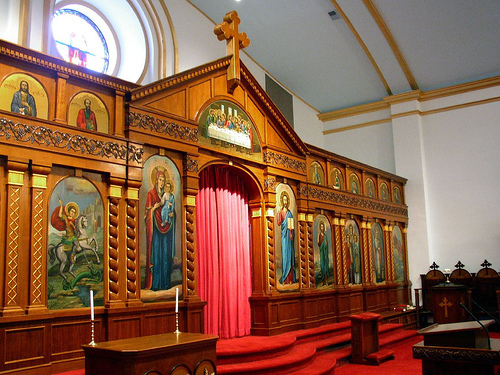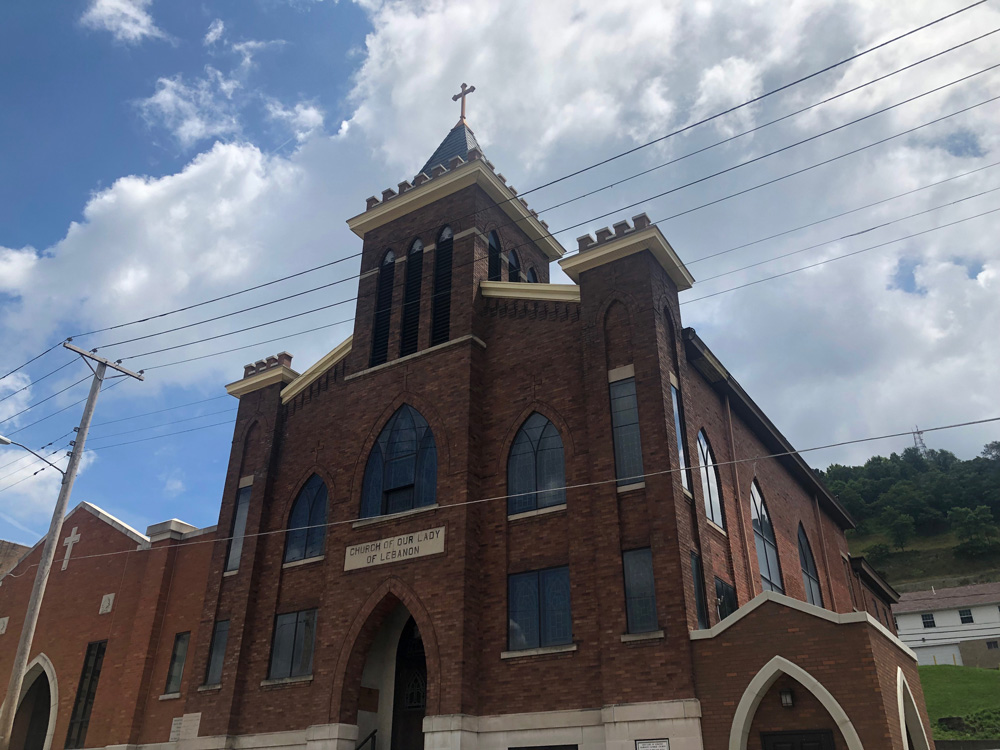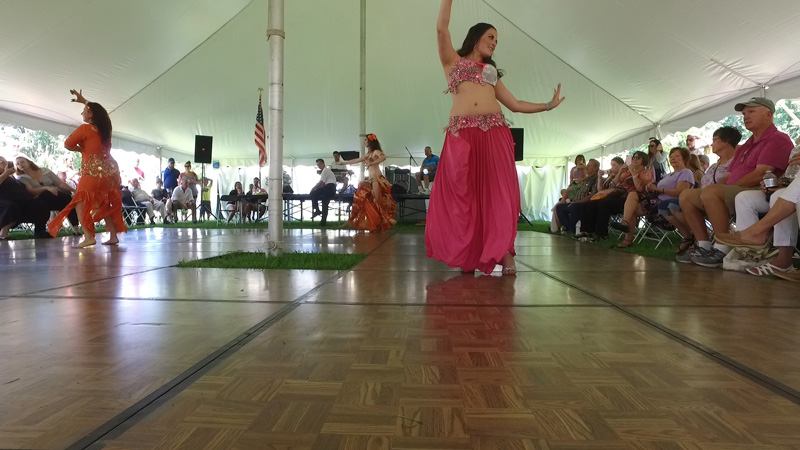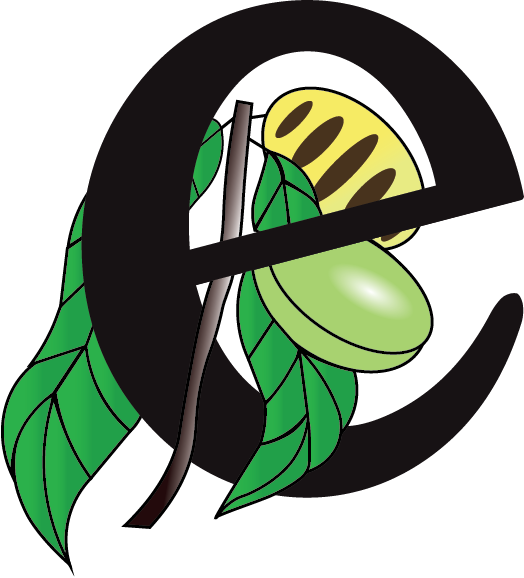For nearly four decades, the southern coalfields of West Virginia sent an Arab-American to Congress. Serving from 1977 until 2015, Nick Rahall remains the longest-serving Member of Arab descent in American history. His grandparents came to Beckley from Lebanon in the early 20th century, part of a small wave of immigrants to West Virginia from the Ottoman empire that now constitute Lebanon and Syria. While a relatively small share of the state’s population, West Virginia’s immigrants from the Levant played a large role in the state’s commercial and religious history.
While many migrants from Europe and the American South came to West Virginia for economic reasons, it is popularly understood that the Lebanese and Syrian immigrants came to seek refuge from religious persecution under Ottoman rule.
The vast majority of immigrants were Christian, bringing with them their Eastern Rite (or Orthodox) religious traditions. Those denominations and their brick-and-mortar churches are some of the most obvious Levantine influences in West Virginia. The concentration of Orthodox immigrants from Lebanon and Syria was so great in the early 20th century that St. George Cathedral in Charleston remains the administrative center for the Diocese of Charleston, Oakland, and the Mid-Atlantic in the Antiochian Orthodox Church, which oversees the states of Delaware, Pennsylvania, Virginia, West Virginia, and Washington D.C.

In 1905, the same year that St. George Orthodox parish was consecrated in Charleston, the community of Maronite Catholics in Wheeling had grown large enough to attract the attention of the Catholic Bishop of Wheeling, the Most. Rev. Patrick Donahue. While not from the same Latin Rite as Roman Catholicism, the Maronite Church retains Full Communion with the Roman Church as an Eastern Rite denomination of Catholicism. Bishop Donahue wrote to the head of the Maronite Church in Lebanon to send for a Maronite Priest to serve the Lebanese community in Wheeling. A priest arrived in 1906 and a new church was constructed in 1922. Rebuilt after a devastating fire in 1932, Our Lady of Lebanon Church is still the center of Wheeling’s Lebanese community.
In addition to the Antiochian Orthodox and Maronite Catholic communities, a small but locally significant number of Syrian Melkites settled in Parkersburg in the early 20th century. While not large enough to warrant their own parish, the Syrian community in Parkersburg’s East End influenced the local Roman Catholic Parish of St. Xavier, including the installment of a local Syrian-American as a priest. They also contributed to the town’s mercantile and civic fabric, opening many neighborhood groceries and forming the Syrian-American Welfare Club, an ethnic club on Mary Street.

Though the majority of West Virginia’s Arab migrants and their descendants are Christian, Syrian immigrants founded the Islamic Association of West Virginia in Charleston in 1972. The organization now has five centers spread across state.
The Lebanese and Syrian immigrants’ role in local commerce was not unique to Parkersburg. Throughout West Virginia and the neighboring states, many Levantine immigrants worked their way up from traveling salesmen in coal camps to operating their own local groceries and shops. That tradition was carried on by subsequent generations. The regionally popular Gabe’s chain of discount stores (formerly Gabriel Brothers) was founded in Morgantown by the sons of a Lebanese immigrant who sold factory overruns in a small shop in neighboring Fayette County, PA.
Another son of a Lebanese merchant, Fred Haddad, led Charleston-based Heck’s department store and made it into one of the nation’s fastest growing discount department stores in the mid-1980s. While the chain went bankrupt in the decade following Haddad’s retirement, at its peak Heck’s was the only West Virginia company listed on the New York Stock Exchange. Charleston’s Haddad Riverfront Park along the Kanawha River is named in his honor.
The heritage of the Mountain State’s Lebanese and Syrian immigrants is not only kept alive by department stores and namesake parks, however.

Originating as a fundraiser to rebuild Our Lady of Lebanon Church in Wheeling after its 1932 fire, the parish’s Lebanese Fest had been held at Wheeling’s Oglebay Park ever since. Featuring Lebanese food and traditional music and dance, the festival remains a popular event for both families of Lebanese descent and others in the Ohio Valley who come for the food and entertainment.

While the majority of West Virginia’s Levantine immigrants came between 1890 and 1940, smaller groups and families continued to settle in the region. Those immigrants continued to contribute to the communities they call home, often opening small businesses, such as Parkersburg’s Chams Lebanese Cuisine co-owned by siblings Rick Helou and Chams Ekelman.
Lebanese and Syrian immigrants and their descendants comprise a small percentage of West Virginia’s population, but their early work in establishing churches and businesses created an outsized impact on the state. The popularity of their festivals and local restaurants continue to influence the culture of the cities and towns they call home.
Subscribe to The Patch, our newsletter, to stay up-to-date with new expatalachians articles and news from around Appalachia.
Nick Musgrave first became fascinated with West Virginia’s history while growing up in Parkersburg. He continues to read, research and write on the Mountain State’s past from its birthplace in Wheeling. For more neat history and some political snark, follow him on Twitter: @NickMusgraveWV.

